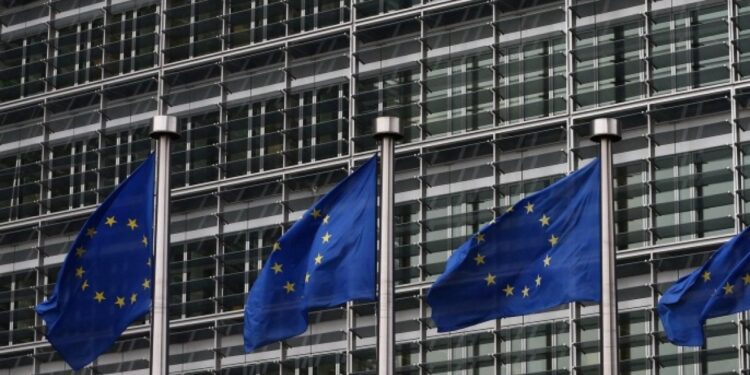Economic confidence in the euro zone declined this month, according to the Wall Street Journal, attributing the matter to a deterioration in industrial sector sentiment that led to a decline in overall confidence levels.
The overall index of business and consumer confidence in the twenty countries that use the euro fell to 96.2 this September, compared to 96.5 last August, according to data published by the European Commission on Friday.
This number was lower than the expectations of economists who expected a reading of 96.5, according to a survey conducted by the Wall Street Journal.
The industrial sector is taking a hit
Surveys showed a particularly pessimistic mood in the euro zone’s industrial sector, where the confidence index fell to more negative areas.
This decline comes in contrast to household morale, which showed some improvement, and also the services sector, which recorded a slight improvement in confidence.
This decline in confidence coincides with other business surveys that indicated a decline in economic activity in the euro zone, which had witnessed a slight increase thanks to the Olympic Games held in Paris this summer.
The newspaper believes that these declines in confidence levels will increase calls for the European Central Bank to lower interest rates more quickly, with the aim of relieving pressure on investment and demand in the monetary union.
Unexpected contraction
A few days ago, a survey showed an unexpected significant contraction in business activities in the euro zone this month, with the region’s dominant services sector stabilizing while the slowdown in the manufacturing sector accelerated.
The contraction appears to be widespread, as Germany (the largest economy in Europe) witnessed an increasing decline, while the contraction returned to France (the second largest European economy) after an impetus resulting from its organization of the Olympic Games last August.
The Standard & Poor’s Global Purchasing Managers’ Index fell to 48.9 this month from 51.0 in August, below the 50-point mark that separates growth from contraction for the first time since last February.
A Reuters poll expected a slight decline to 50.5 points.
Total demand fell at its fastest pace in 8 months. The new orders index fell to 47.2 from 49.1.



